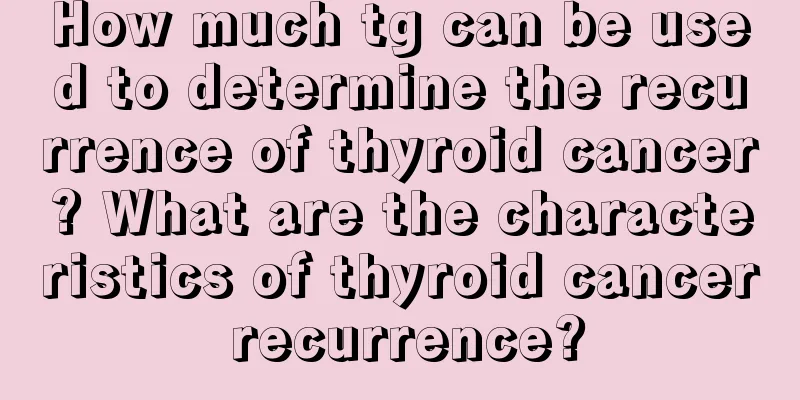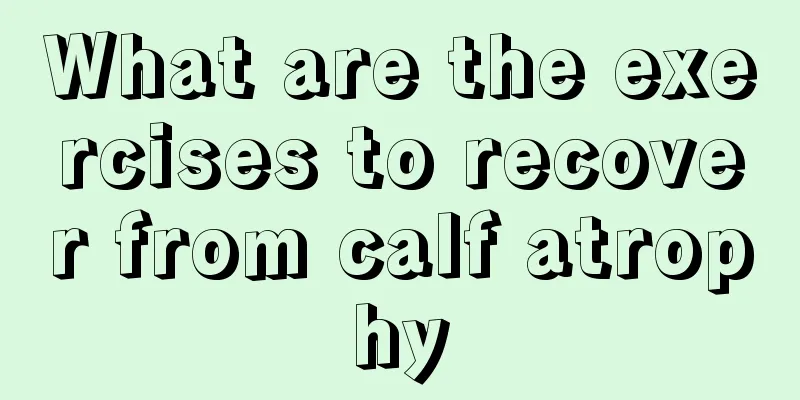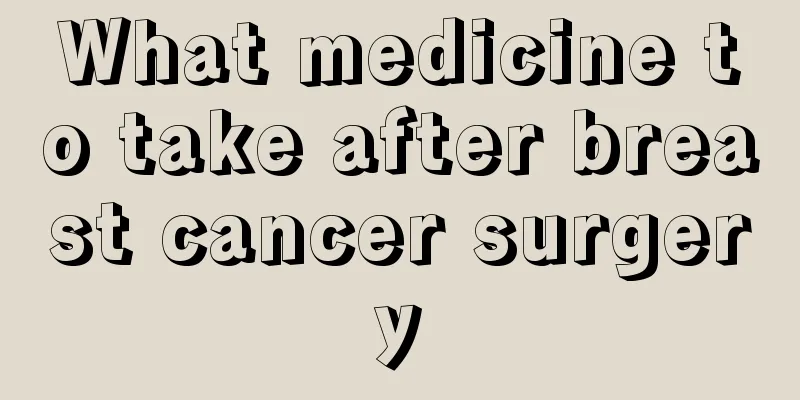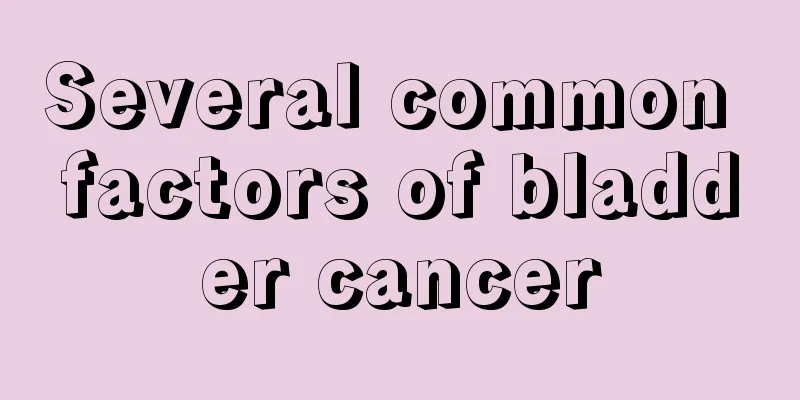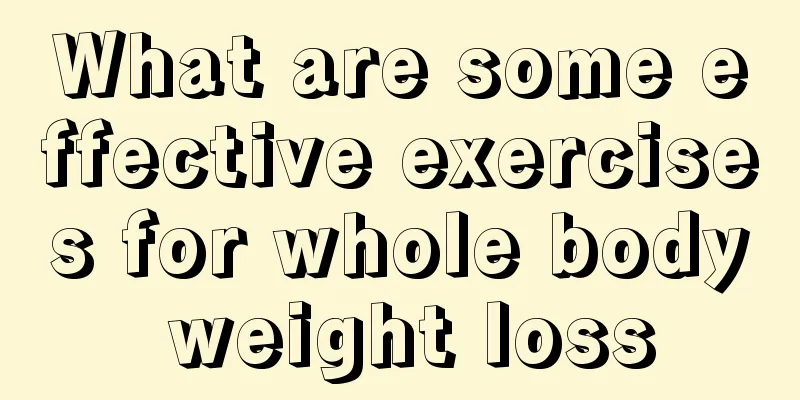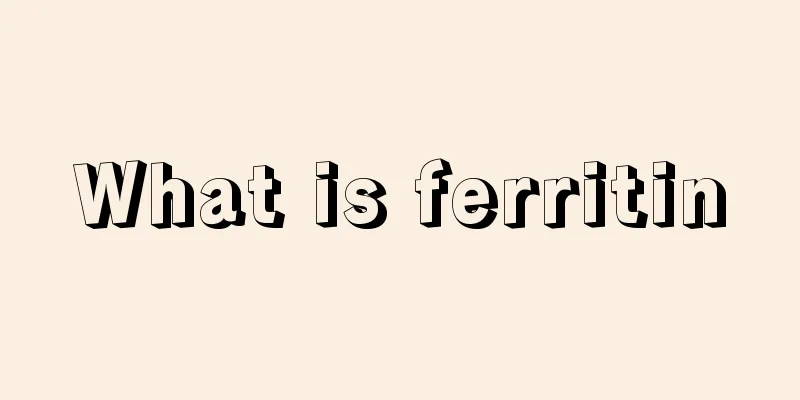What to do if you often feel dizzy, panic, chest tightness and fatigue
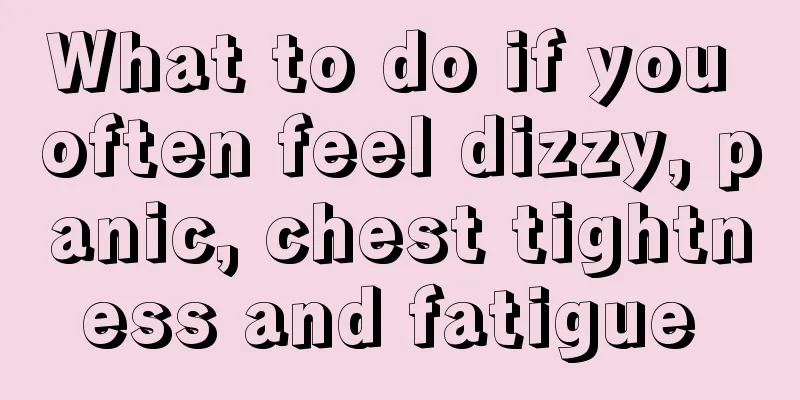
|
In work and life, people always stay up late for various reasons, which causes physical and mental fatigue and a decline in body functions. Therefore, people's bodies will also experience various discomfort symptoms. So people use many methods to treat these symptoms, but sometimes the incorrect methods can backfire. Let’s take a look at how to properly resolve these symptoms. Chest distress is a subjective feeling, that is, breathing is labored or there is not enough air. In mild cases, it is as if nothing happened, but in severe cases, it feels uncomfortable, as if a stone is pressing on the chest, and even causes difficulty breathing. It may be a functional manifestation of the body's organs, or it may be one of the earliest symptoms of disease in the human body. People of different ages have different causes of chest tightness, different treatments, and different consequences. 1. Functional chest tightness (i.e. chest tightness without organic lesions): Staying in a room with closed doors and windows and poor air circulation for a long time, or encountering some unpleasant things, or even quarreling or arguing with others, or being in a climate with low air pressure, often causes chest tightness and fatigue. After a short rest, opening windows for ventilation or going outside to breathe fresh air, relaxing the mind, regulating emotions, and soon returning to normal. This kind of chest tightness can be said to be functional chest tightness, and there is no need to be nervous or treated. In daily diagnosis and treatment of patients, we often encounter some patients who complain of chest tightness, palpitations, and chest pain, and think they have "heart disease" and come to the hospital for treatment with worries. However, most patients are examined: X-rays, electrocardiograms, and ultrasound electrocardiograms are all normal. This is not an organic heart disease, but a functional disorder of cardiac neurosis (i.e. cardiac autonomic dysfunction) with cardiovascular symptoms as the main feature. It is also called palpitations in medicine. Palpitations are strong, rapid, irregular heartbeats. It is normal to have palpitations for a few minutes after intense exercise and there is no need to worry. Smoking, drinking too much coffee or tea, Palpitations can occur when the heart is stimulated by caffeine or nicotine, or when one is mentally stressed. If the palpitations persist for many days and are not caused by the reasons mentioned above or the influence of exercise or emotions, and if there is difficulty breathing or other symptoms, you should see a doctor. |
<<: Can I eat cantaloupe when I have my period?
>>: How to reduce swelling of wound
Recommend
What causes headaches and depression? Do you know the symptoms of depression?
People who are more introverted and unsociable wi...
What to do with gallstones in the elderly
Gallstones are a common symptom in the elderly, s...
Several important nursing measures for cardiac cancer
It is very necessary to care for patients with ca...
Will rice soaked in soup make you fat? What are the dangers of long-term consumption?
It is difficult to eat dry rice when you have no ...
Can the mucus from nasopharyngeal cancer be contagious?
Is the mucus from nasopharyngeal cancer contagiou...
How to use mobile VR glasses?
With the emergence of VR virtual reality technolo...
What should patients with bile duct cancer pay attention to in their diet
What should bile duct cancer patients pay attenti...
Can renal cancer bone metastasis be treated with surgery?
Can renal cancer bone metastasis be treated with ...
How to solve the symptoms of small intestine meridian obstruction?
The small intestine is the most important and als...
Can cucumbers and peanuts be eaten together?
Peanuts and cucumbers are actually the most commo...
Why is there pain in the yangguan of the waist
Standing for a long time or overwork will make th...
What to do if you get stung by a bee
In the summer, whether in the countryside or in t...
How to prevent ovarian cancer yourself
How to prevent ovarian cancer? Ovarian cancer is ...
How should I relax my facial muscles?
After a whole day of hard work, your face will in...
How to preserve soft-shelled turtles in summer?
Many people have eaten soft-shelled turtles. Soft...
